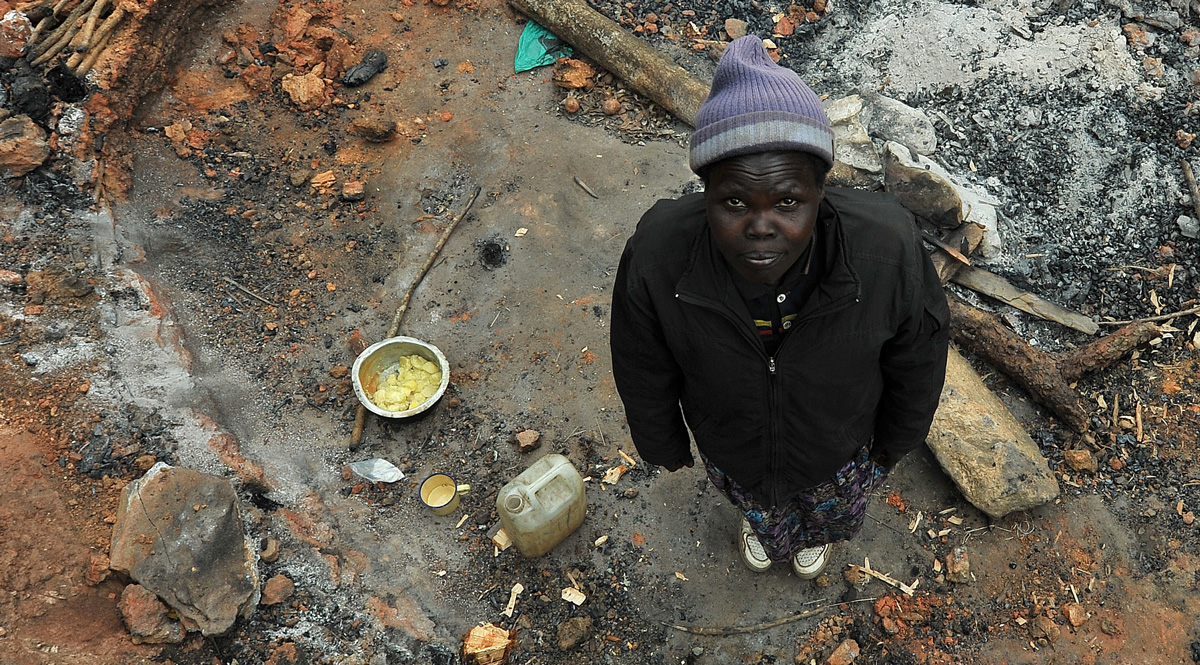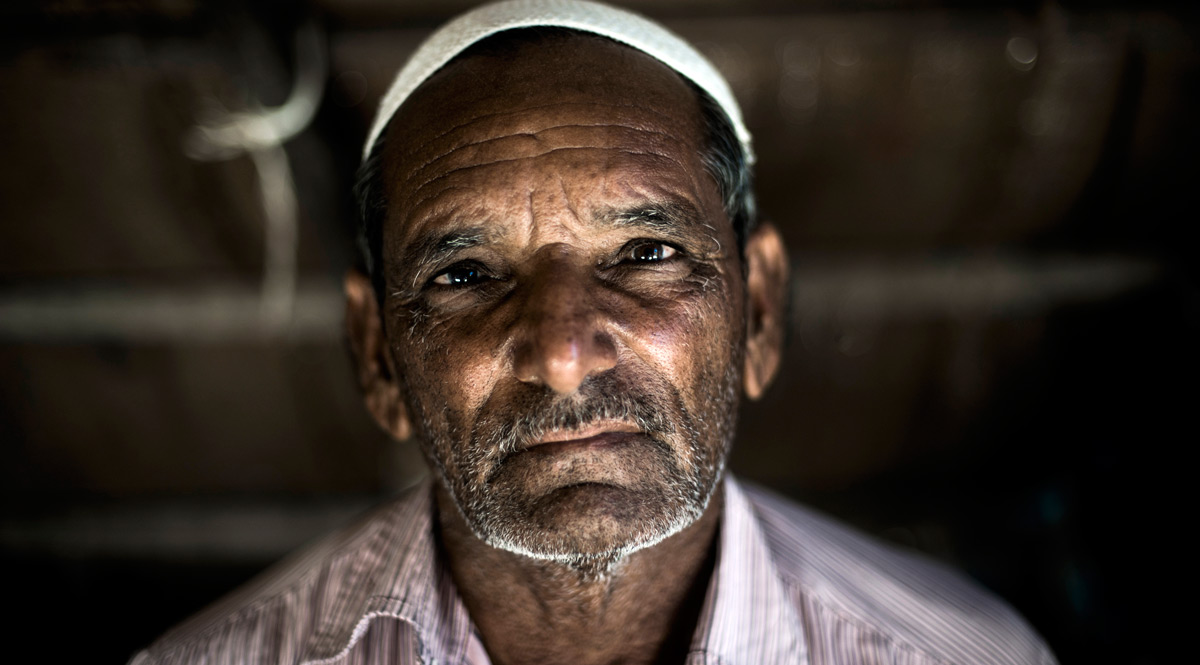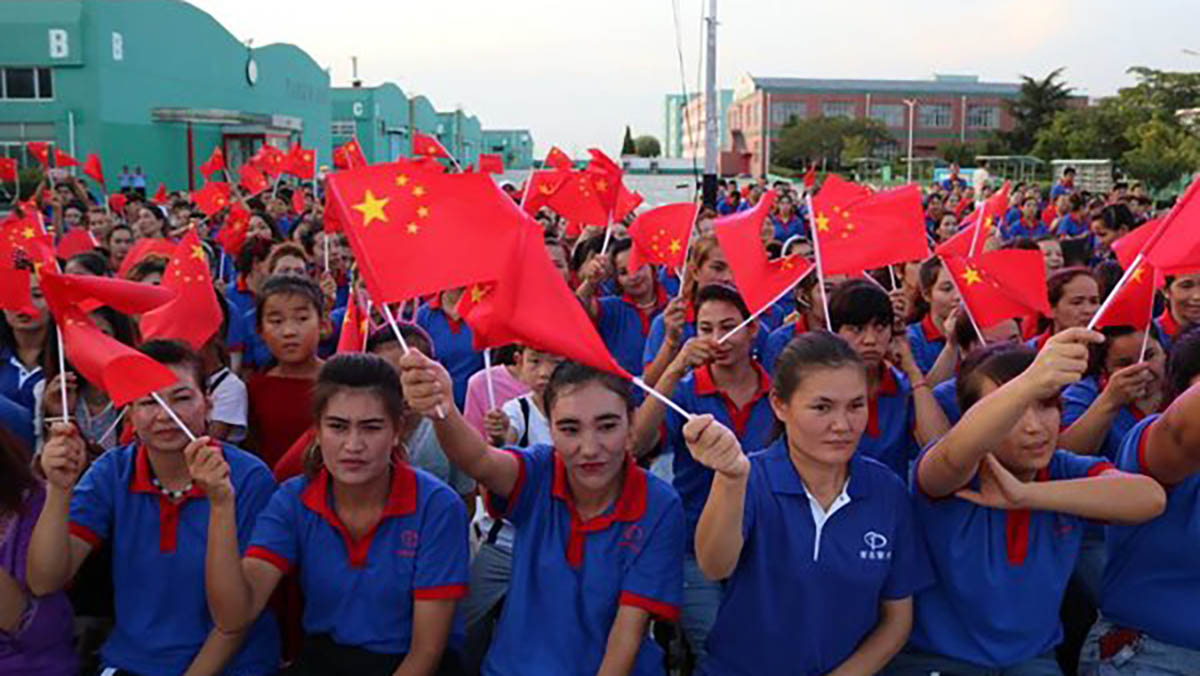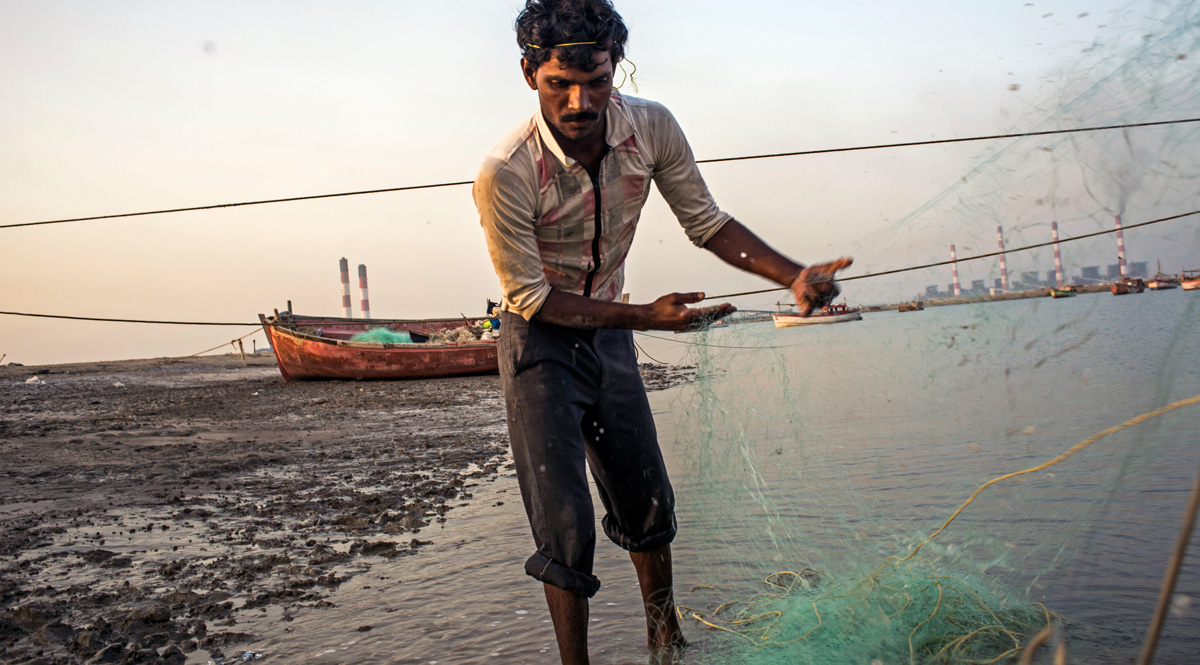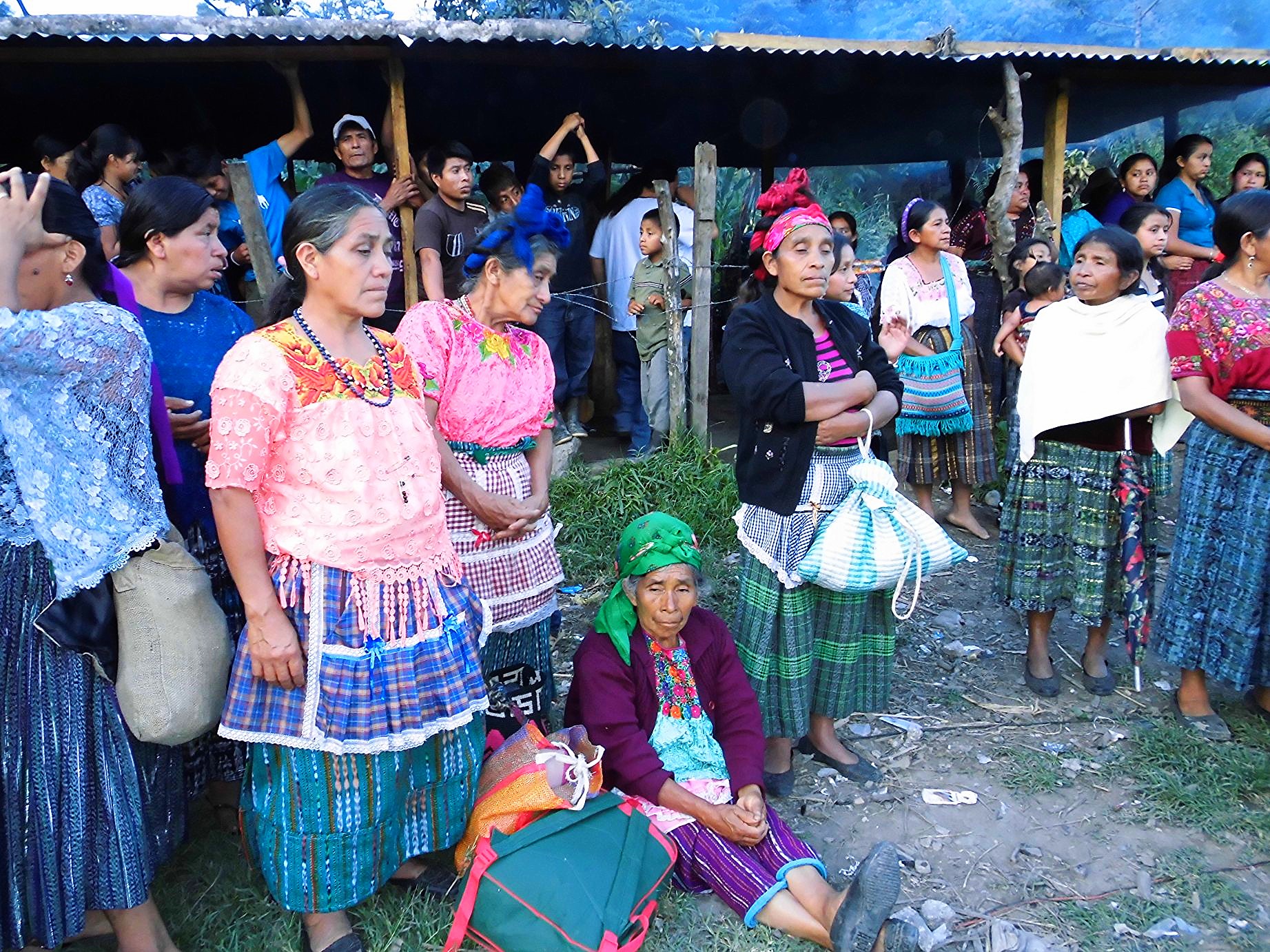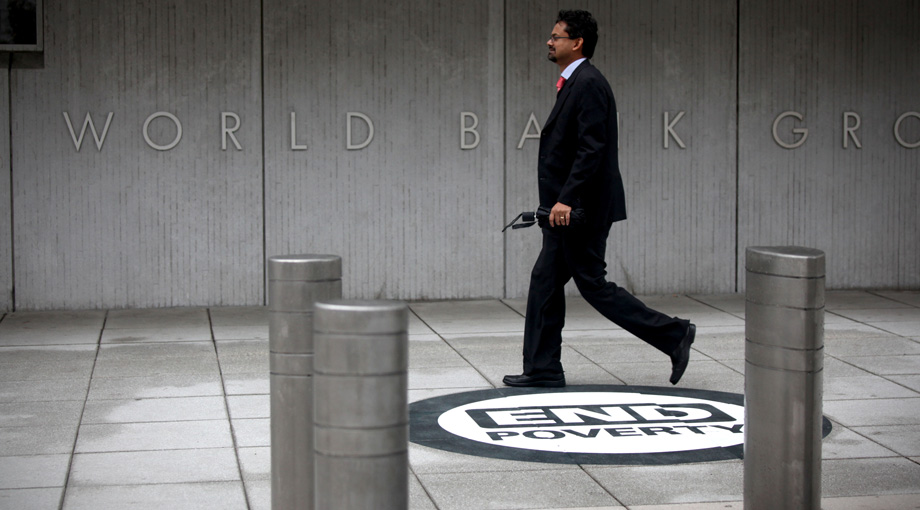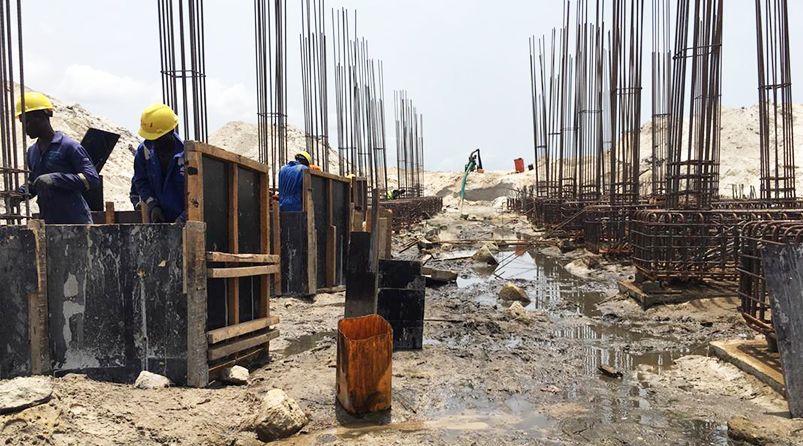The World Bank is beefing up its accountability to communities who say they were harmed by World Bank-funded projects.
The development lender will give new powers to its internal watchdog, the Inspection Panel, and create a parallel body to mediate grievances from local communities, the World Bank’s Board of Executive Directors announced on March 9.
The reforms adopted by the bank include:
- Empowering the Inspection Panel to monitor whether bank management delivers promised assistance to communities that the Panel finds to be harmed by projects that violate the bank’s social and environmental rules
- Creating a Dispute Resolution Service that offers mediation to communities with grievances related to bank projects
- Extending the time limit for communities to submit complaints to the Inspection Panel to 15 months after a project’s closure.
The new policies seek to address the bank’s long-standing problems with protecting local communities living in the path of bank-funded development projects.
Between 2004 and 2013, an estimated 3.4 million people were physically or economically displaced by World Bank-financed development projects, the International Consortium of Investigative Journalists revealed in its 2015 Evicted and Abandoned investigation. ICIJ discovered that the bank often failed to follow its own rules for resettling these communities and ensuring that they were protected from violent evictions and other human rights abuses.
Reports by the Inspection Panel provided crucial evidence of harm to communities, but ICIJ also found that the bank sometimes took little or no action to assist these communities even when the Panel reported serious breaches of the bank’s internal rules.
Last year, the United States Supreme Court stripped the World Bank of legal immunity in relation to its lending activities, allowing lawsuits against the bank by an Indian fishing community and Honduran palm oil workers to be heard in U.S. courts.
While the new reforms will add to the options available to communities seeking recourse, civil society groups have expressed concerns about some of the obstacles the bank has created to access them.
Kristen Genovese, a senior researcher with Centre for Research on Multinational Corporations, noted that the Inspection Panel must obtain approval from the bank’s board in order to monitor management’s plans to assist communities who were harmed. The system is described as a way of avoiding reputational risk to the bank, according to a report by the bank’s Committee on Development Effectiveness (CODE).
“I think it’s pretty telling that CODE views verification as a tool ‘to avoid reputational risk’ rather than avoiding risk/harm to communities,” Genovese said.
Genovese also raised concerns about the bank’s requirement that communities’ grievances must fit within limited eligibility criteria in order to qualify for the dispute resolution program.
“The beauty of dispute resolution is that it can be about anything that is causing a conflict between the parties,” Genovese said, maintaining that there is “no reason” for the additional obstacle to accessing it and predicting that it would undermine the program’s effectiveness.
